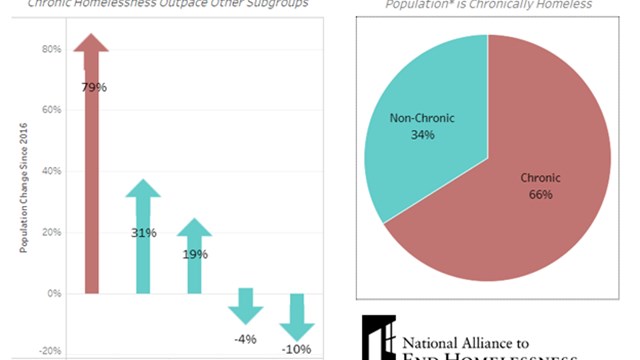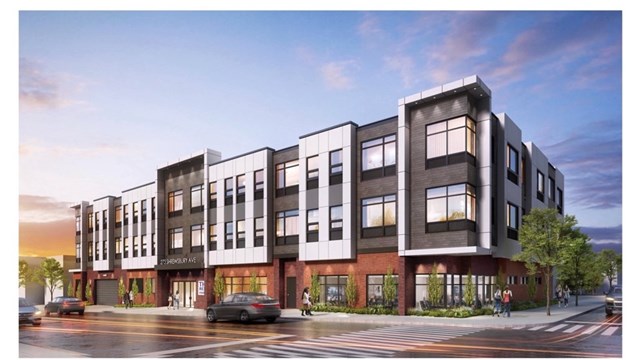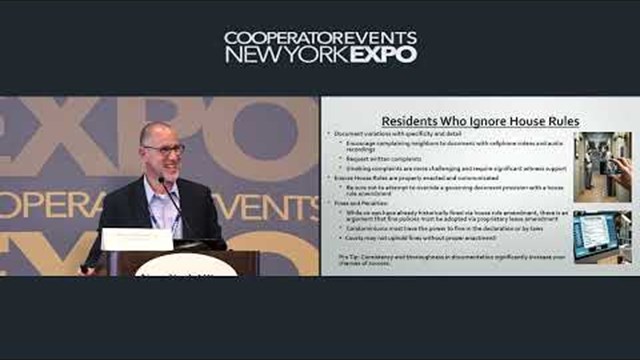For residents on fixed incomes, or those who are already struggling to make ends meet because of a job loss, illness or divorce, any hit to their already-stretched-to-the-max budget can be devastating. So when a board levels an assessment on the residents of a co-op, condo, or HOA because of an emergency repair, an unforeseen tax bill, or some other outlay not otherwise budgeted for, it can spell financial ruin for those who can’t afford to pay their share of the bill.
“Smaller associations run into this situation more than larger ones because they typically do not have as much money in their reserve account,” says John Powers, associate attorney with the Girard Law Group in Chicago.
Regardless of the size of your building or association, how can your board be sensitive to residents’ financial constraints while still upholding the board’s fiduciary duty and maintaining a safe, solvent, well-kept community?
Your Community Piggy Bank
Think of a community’s reserve fund as a savings account. Each month, when residents pay their maintenance charges, a portion of the fees collected is supposed to be put into a special reserve fund to pay for the unexpected.
“The right way for the board to do this is to forecast what the building’s needs will likely be in the next five, 10 or 20 years,” says Steven Troup, partner and chair of the co-op and condominium group of New York City-based law firm Tarter Krinsky & Drogin LLP. “For example, if the warranty on the roof is beyond its life and the roof will go in the next few years, the board has those few years to get ready and build up money from a smaller assessment.”
In Florida, it is law that condo associations are required to reserve money for major capital expenses. “What a condo will do is conduct a reserve study, figure out what the repair is going to cost, and then build that into the assessment every year,” says attorney Joshua Krut, previously of the firm of Weiss Serota Helfman Cole & Bierman, P.L., and now with Kopelowitz Ostrow in Fort Lauderdale. “In that case, you shouldn’t have too many emergency assessments.”
However, Krut says there is one caveat to what seems like a sensible financial plan. “Owners can vote to waive the collection of the reserve money every year,” he explains. “They may want their maintenance payments to be lower and not to have to worry about a special assessment right now. Some owners figure that maybe by the time they have a special assessment come around, they won’t be the owner anymore, and it will be some other owner’s problem.”
If the number-one goal of a board is merely to keep themselves in office – and not to work expressly for the benefit of the community at large – then they might be tempted to keep the building’s maintenance costs down in order to stay in the good graces of non-board residents. If, however, the board’s goal is to do what’s best for the building and its inhabitants over the long term, it may be necessary to make the tough (and almost always unpopular) call to level a special assessment.
Even with a prudent, conscientious board running the show, things can come up that require funds to set right. Like many of us who try to put money aside for unexpected car repairs or medical bills, the board or management company may not have raised enough in their reserve account when they are hit with an unforeseen expense.
“The building could be doing just fine financially, but then, suddenly, an inspector shows up and says that all of the back porches or windows need to be replaced,” adds Powers. “Or perhaps there’s a natural disaster and there is a capital repair they haven’t budgeted for. The special assessment could be anywhere from a few hundred dollars per month for each resident to a few thousand dollars.”
Troup is all too familiar with this situation. “In one of my buildings where I lived, we had a repair that needed to be done that, when divided up, came to an assessment of $10,000 per shareholder,” he said. “We knew that for several of our neighbors it was going to be a real problem for them.” And sometimes it’s not even anything so dramatic that necessitates passing the proverbial hat. “With increased labor and insurance costs, you can easily deplete your reserve fund,” says Troup.
So how does a board ultimately get the money they need for an emergency repair like this one? There are a few options.
Leaning on Loans
“Some boards take out loans,” says Troup. “Then they increase the maintenance or common charges to cover the monthly payment. Unless the building is a low-income building, the loan will be at market rate, but [interest rates] went up a quarter-point last winter, and that is still considered low. Sometimes the contractors will float loans because the work is so competitive and if they offer good terms they get the business.”
“Sometimes boards will take out a bank loan and allow the owners to pay over time,” adds Krut. “A $10,000 assessment will be paid for, say, over five years. It’s a way for the boards to try to ease the pain of the special assessment of the owners. The board will self-finance and collect the assessment over time.”
Payment Plan Options
“A board is tasked with the fiduciary duty to administer and maintain the property,” says Powers. “If an elderly resident, or someone having a financial problem, can’t afford it, that board can make payment plan arrangements.”
In Troup’s building, most of the residents paid the $10,000 right away, and residents who couldn’t afford to do so all in one lump sum were given a payment plan option. “We allowed them to pay it over time, with interest,” said Troup. “If they borrowed the funds, they got a 5% discount.”
He explains that the board received 90% of the assessment on time from their residents. “Having a few residents who, through no fault of their own, couldn’t pay it all at once, didn’t hurt the co-op,” he says.
Losing it All
Even with a payment plan option, sometimes a large assessment can just be too much for a resident to handle, and they may not be able to pay it at all. If that’s the case, the resident is at risk of losing their unit.
According to Powers, the Illinois Condominium Property Act says that if a resident cannot keep up with their assessments, the board can implement measures to take possession of that resident’s unit. “It can temporarily cause them to lose their apartment,” he says. “The board can remove whoever is in the unit, and rent it out. They can use that rental income and apply it to the past due assessment balance.”
So, let’s say that the board has voted for an assessment of $10,000 on each unit to help pay for a major repair. Mrs. Smith, a 70-year-old resident of the association, has been doing fine paying her own bills on her fixed retirement income and social security, but there’s just no way that she can afford to dish out $10,000 all at once. She has a few options, but simply not paying it is definitely not one of them.
In a situation like this, can the board help Mrs. Smith out, or will that cause more problems than it solves? “It’s at the discretion of the board,” says Troup. If Mrs. Smith is a co-op shareholder, “She will have to pay her usual maintenance each month, plus the assessment. If, after 60 days, she still hasn’t paid it in full or made payment arrangements, they can evict her and sell the unit. In a condo association, the board will install a lien for unpaid common charges. If the board files a lien and the owner doesn’t pay, the association can foreclose on it and sell the unit.” That process takes significantly longer in a condo association than a co-op because of the nature of ownership in both types of community, but it can—and does—happen.
Plan Ahead
Krut advises residents who are struggling financially to go to the board directly and talk to them about your situation before arrears begin to pile up. “Plan, but at the end of the day, realize that the association needs to collect the fees to operate the building. The board has the responsibility to collect that—and the resident has to pay it.”
He also advises the board to plan ahead as well. “The board has to make good decisions, but it’s an imperfect system. Some condos have a restriction on how much a board can assess without an owner vote. There’s typically a provision that says the board can assess up to 20% of the annual budget, but if it’s larger than that it needs an owners’ vote. So there are some protections to make sure the board doesn’t run wild, and hopefully nothing unnecessary should pass.”
For those concerned that a sudden, large assessment could have devastating consequences for their home and family, Krut offers some reassurance. He says that he’s never seen anyone lose their home over a special assessment. “They usually find some way to work it out,” he says.
Special assessments may be necessary from time to time, but if residents are constantly getting hit with unexpected bills they need to pay, perhaps it’s time to conduct a new reserve study and start planning ahead.
Lisa Iannucci is a freelance writer, author, and editor and a regular contributor to The Cooperator.










2 Comments
Leave a Comment